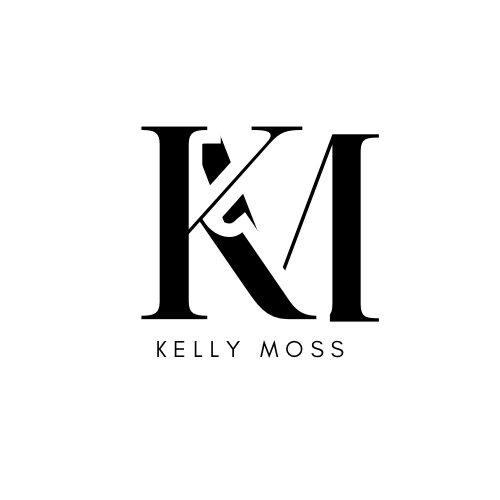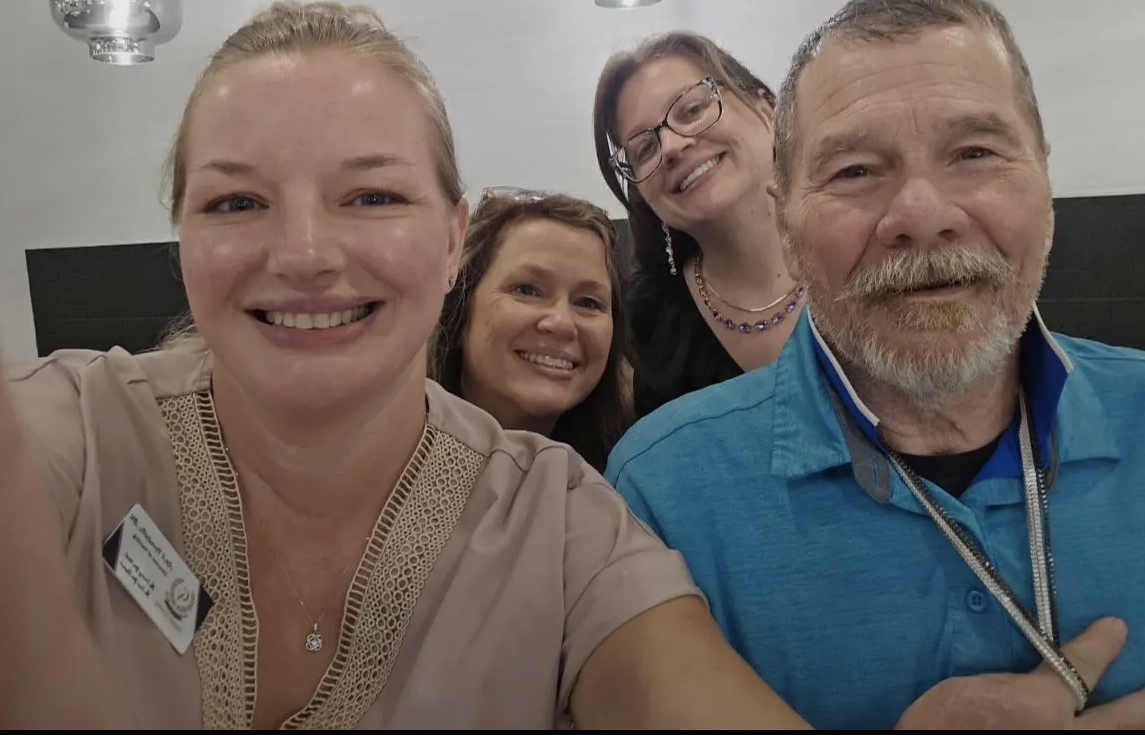The Mind, the Meltdown, and the Mystery of Safety
As a teacher, the mind has always puzzled me—how two kids with similar experiences and the same opportunities can learn so differently. One seems born reading; another wrestles with words for years.
When my children were little, I used to devour parenting magazines. The best articles were written by moms who somehow knew my child. I still remember one that explained the after-daycare meltdown—that when children finally feel safe, they let it all out.
That idea changed everything for me. Once I realized my toddler’s meltdowns meant he felt safe with me, I stopped trying to “get things done” and started just being there. He outgrew that phase, learned to self-comfort, and came home ready to play instead of fall apart.
The Company My Father Keeps
My dad has needed many different people on this journey. My grandmother—his mother—is always there. If something isn’t done right, “just wait until my dad shows up, he’ll set y’all straight.” My grandfather usually makes an appearance, too. I never see them. They’re never there when I’m there.
I like to think that’s because I bring the comfort he’s looking for.
Many of the people he’s created have come and gone—both in his imagination and in reality. That’s another hard thing about memory care: one day you know every face in the dining hall, and the next, someone’s gone.
Lately, a new resident has filled a new role for him. He thinks this sweet lady is his wife of thirty-five years. She’s always there when I visit, and I figure she must bring the comfort only a spouse can bring.
I can only imagine how hard it must be to visit, to see him light up and know his wife is there, but under the confusion, not quite work out why there are two.
The Hardest Day
A few Sundays ago, I got a call from the staff. Dad wouldn’t leave his “wife” and didn’t understand. They hoped I could help.
They tried explaining, but it was making things worse. I went, and it was one of the hardest days of this whole journey—harder than realizing we faced dementia, harder than dropping my dad off at a temporary place to get his meds regulated, harder than the phone calls begging me to take him home, harder even than signing the DNR when he went on hospice care.
When I arrived, he sat on the floor beside this lady, legs crossed, bright yellow shirt on backward, crying, “I’m lost, Kelly. I’m lost.”
I think it was a moment of understanding—a moment of realizing this is not my wife, this is not my house, something is wrong, and I can’t fix it.
That little bit of clarity—something you think you want, something you pray for—was not what I wanted at all. In his clarity, there was no comfort. No mother. No father. No children. No spouse.
After we shed a few tears, we picked ourselves up off that floor and made it to his room. I begged him to look into my eyes and see that I needed his help. I needed him to go to his room.
Old Faithful
We made it. He curled up in bed. We turned on old faithful Andy Griffith. I curled beside him, head on a pillow, watching too. He reached over every few minutes to make sure I was still there.
I stayed until the snores were heavy and even. Leaving him, not knowing what his reality would be when he woke, was difficult—but I went home.
The next day returned to “normal.” I don’t think that word really means anything to me anymore. But, maybe that’s the trick. Maybe “normal” just means finding your way through whatever the day brings.
Sometimes clarity hurts more than confusion.
Losing and Remembering
Many times along this journey, I’ve wondered what this might look like if it happens to me. Will I imagine old friends when I’m craving company and a glass of wine? Will I call on lost loved ones without even realizing it?
This past week brought a strange kind of reality. I’ve lost aunts, uncles, and friends before—but this was different. I lost something I haven’t truly had in years: my first best friend. My cousin. My dad’s niece. His mother’s grandchild—the one she raised as a daughter.
We were only eleven months apart. We went on vacations together, spent countless days side by side, until the teenage years quietly tore our friendship apart, never to be quite the same again.
I hope she knew I always loved her. And I’d like to think that if I ever end up where my dad is, she’ll be one of the visitors who brings me comfort.
The People we need
Dad creates people he needs. I remember people I’ve lost. Maybe we’re not so different. Maybe love, when it outlasts memory, just finds another way to show up.
Maybe that’s just what love does—it shows up, real or imagined, whenever we need it most.
Author’s Note
This piece is written in memory of my cousin, who leaves behind a circle of love. The care and light she poured into her family will keep reaching forward in quiet, lasting ways—proof that even when memory fades, love keeps finding its way. https://www.colefunerals.com/obituaries/brandy-barnett


Leave a Reply